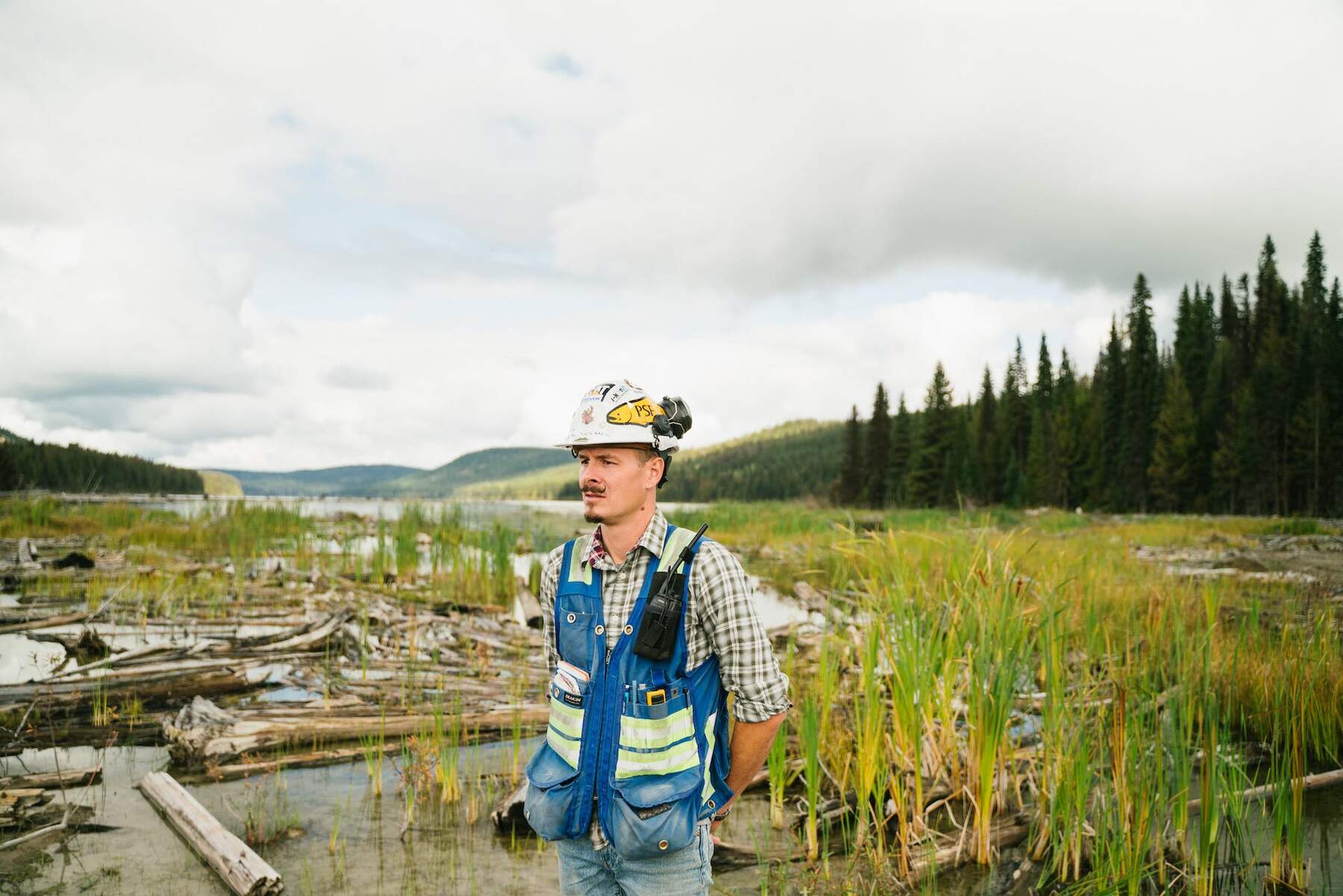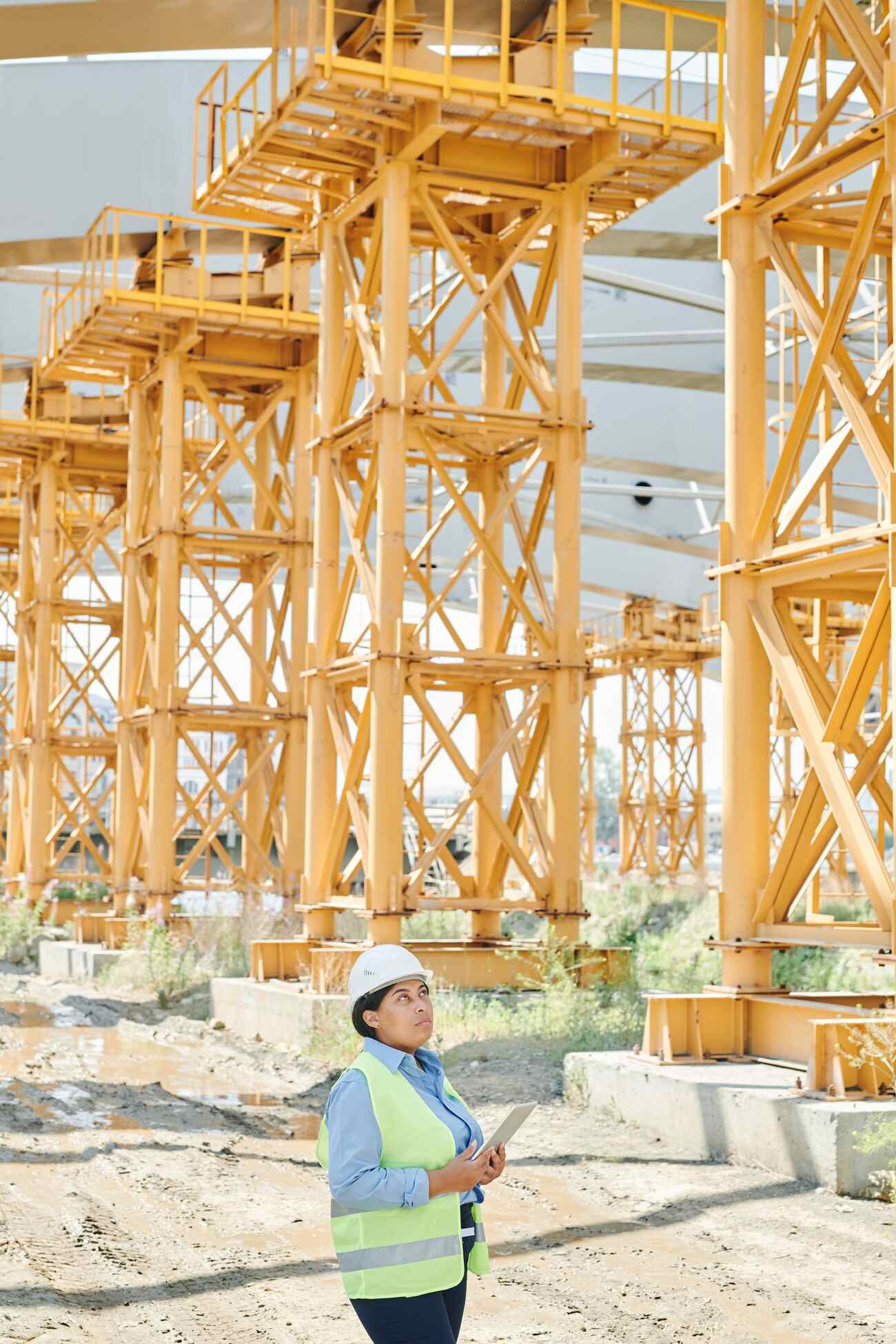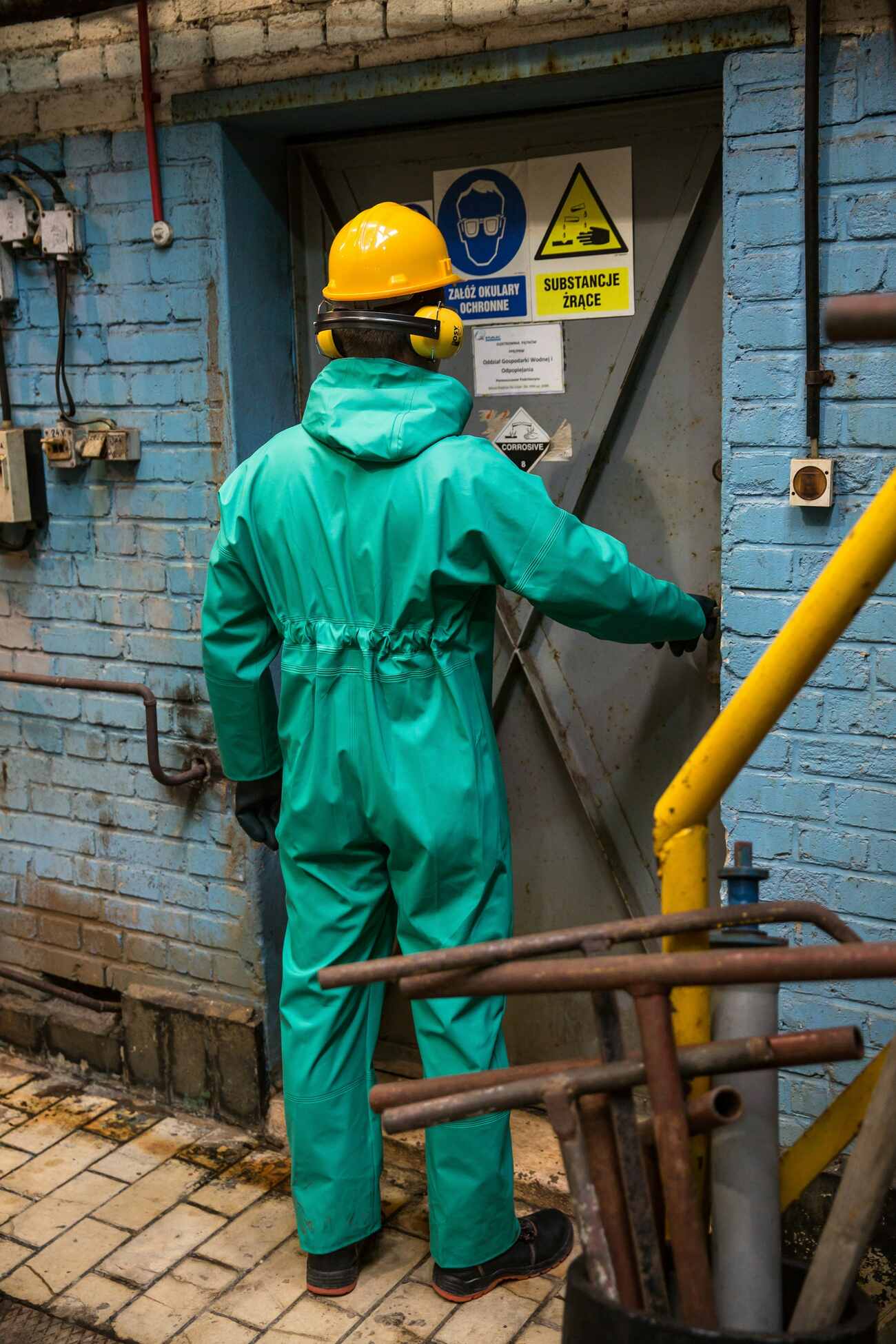Are you looking for a job that not only helps to pay the bills – yet also helps the planet? If so, a career in sustainability might be the right choice for you.
If you want to be part of the green revolution, then you might want to consider pursuing one of the best careers in sustainability. Let’s take a closer look!
Best Careers in Sustainability
Now more than ever before, we’re becoming aware of the importance of sustainable living. In fact, the renewable energy sector alone is expected to grow by 17% in 2024, according to Deloitte research.

That’s a huge jump, and to fill that demand, we’re going to need more skilled workers to fill those roles (along with the countless others in sustainability, from project management to architecture and even ecology). But it can be tough to find the perfect career for your personality, needs, and goals.
When it comes to sustainability, some of us have a crystal clear idea of what it means:
- a commitment to reducing waste
- lowering carbon emissions
- being kinder to the earth
But what does it mean in terms of choosing a career?
Here are some of the best careers in sustainability to help you jumpstart your job search.
Sustainability Consultant
Sustainability consultants work with businesses and organizations to develop strategies that reduce environmental impact. They analyze energy usage, waste production, and supply chains to identify areas for improvement. Then, they recommend best practices to make the organization more sustainable.
Sustainability consultants may work for consulting firms or as independent contractors.
Given the increasing importance of sustainability in the business world, the demand for sustainability consultants is growing rapidly. In fact, according to the Bureau of Labor Statistics, the job outlook for environmental scientists and specialists, which includes sustainability consultants, is projected to grow by 6% by 2032 (much faster than average).
Environmental Engineer
This field is all about designing solutions to environmental problems. Environmental engineers may work on projects like cleaning up contaminated sites, designing water treatment facilities, or developing renewable energy sources.
They may use knowledge from a variety of scientific fields and disciplines, like chemistry and biology, to do this important work.
Renewable Energy Analyst
One of the top job areas that people think about when it comes to sustainability careers is renewable energy. As part of President Biden’s climate goals, which aim to achieve a carbon pollution-free energy sector by 2035 and net zero emissions by 2050, these jobs are in high demand.
Renewable energy analysts play a crucial role in this. They work on projects related to clean energy production- think wind turbines, solar panels, and hydroelectric dams.
They help stakeholders understand the costs, benefits, and feasibility of specific renewable energy projects. They may also analyze energy trends and recommend policies to promote clean energy usage.

Green Architect
Now, you might be thinking, “What’s so sustainable about architecture?”
The answer is – more than you might think.
Green architects design buildings with the goal of minimizing their impact on the environment. This can include utilizing natural light and ventilation to reduce energy usage, incorporating sustainable building materials, and even designing buildings that can produce their own energy through solar panels or other renewable sources.
Sustainability Coordinator
As the name suggests, this role is all about coordinating sustainability efforts within a company. This can include implementing recycling programs, reducing waste, and ensuring sustainable practices in the supply chain.
Sustainability coordinators play a crucial role in helping companies become more environmentally responsible, and with more and more companies looking to become sustainable, this career is on the rise.
Solar Consultant
Now, let’s talk about solar consultants. As you might have guessed, a solar consultant is someone who helps clients install solar panels on their homes or businesses.
Again, with the push towards renewable energy, solar consultants are in high demand. They help people reduce their carbon footprint while also saving money on their energy bills.
Environmental Manager
This role is all about ensuring that companies comply with environmental regulations and implement sustainable practices.
Environmental managers help companies reduce their environmental impact while also minimizing risk and ensuring compliance.
Ecologist
An ecologist studies the relationships between living organisms and their environments. They use this knowledge to create solutions to environmental problems, like preserving ecosystems or managing natural resources.
For example, an ecologist might study the effects of climate change on a certain species and come up with ways to protect it from extinction. Some ecologists even work as wildlife biologists, zoologists, or conservation scientists.

Ecologists don’t just work in the great outdoors. Government agencies, universities, and nonprofit organizations also employ them. To become an ecologist, a degree in biology, ecology or environmental science is usually required.
Urban Planner
As our cities continue to grow, so does the need for sustainable development. Urban planners work to design and create livable, sustainable urban environments. They consider factors such as transportation, land use, and community development.
For example, an urban planner might recommend the construction of a bike lane to increase sustainable transportation options, or suggest zoning regulations that promote green spaces.
Urban planners typically have a degree in urban planning or a related field, like geography or architecture. They also often have experience in community engagement, policy analysis, and land use planning.
Solar Installer
A solar installer is responsible for installing and maintaining solar panel systems. This includes assessing the site, designing the system, and connecting it to the grid. Essentially, solar installers play a crucial role in expanding access to clean energy.
Becoming a solar photovoltaic installer usually requires a high school diploma or equivalent, along with technical training in electrical or construction trades. Some installers also have degrees in renewable energy or a related field.
With an average pay of $45,230 per year and an expected job growth of a whopping 22% by 2032, this is definitely a career path to keep your eye on if you’re interested in sustainability.
Biologist
As a biologist, you’ll study living organisms and their interactions with their environment. Whether it’s studying wildlife populations, researching plant genetics, or analyzing ecosystems, biologists play a crucial role in understanding the natural world.
One area where biologists are particularly needed is conservation. With so many species facing threats like habitat loss and climate change, biologists work to protect and restore ecosystems. They might study endangered species, design breeding programs, or work with policymakers to create conservation plans.
Water Project Manager
Access to clean, safe water is a basic human need and a critical component of sustainability. Water project managers oversee the planning, design, and implementation of water systems, from reservoirs and treatment plants to pipelines and distribution networks.
They might work for government agencies, private contractors, or non-profit organizations, and their responsibilities could include anything from budgeting and scheduling to ensuring compliance with environmental regulations. In some cases, they might even help to bring water to communities in developing countries.
Water project managers need to have a wide range of skills, including engineering, financial management, and communication. The rewards can be immense for those feeling up to the challenge.
Environmental Health and Safety Specialist
These experts ensure that workplaces are safe for employees and that companies are complying with environmental regulations. They might work for government agencies, consulting firms, or private industry, and their day-to-day tasks could include conducting safety audits, developing emergency response plans, or providing training on hazardous materials handling.
With sustainability becoming a major focus for businesses, environmental health and safety specialists are increasingly in demand. They help companies minimize their environmental impact and reduce risks to employees, improving their bottom line and reputation.
One thing that makes this career particularly appealing is its versatility. You could work in any number of industries – from manufacturing to healthcare to agriculture – and your skills will always be in demand. Plus, you’ll be able to take pride in knowing that the work you’re doing is helping to protect both people and the environment.

Related Questions
What Is the Highest-Paying Job in Sustainability?
While most sustainability careers are quite lucrative, one of the top-paying jobs is a Certified Sustainability Manager. This is a role that often requires passing a rigorous examination yet results in salaries averaging around $131,836 per year.
Are Sustainability Degrees Worth It?
A degree in sustainability will not only give you a foundation of knowledge in environmental issues and sustainable practices, it can also provide you with networking opportunities and hands-on experience through internships or research projects.
What Degree Do You Need to Work in Sustainability?
A degree in sustainability or a related field, such as environmental science, environmental health, environmental law, and environmental engineering, can set you apart from other candidates and provide you with the necessary skills and knowledge to excel in the field.
Final Thoughts
Sustainability is no longer a niche field or a buzzword. It’s a rapidly growing sector with countless (and quite lucrative) career opportunities.
From renewable energy to ecology, the options are needless. Whether your passion lies in environmental policy or sustainable engineering, there’s sure to be a rewarding path out there for you. Consider these best careers in sustainability as you begin your journey!


